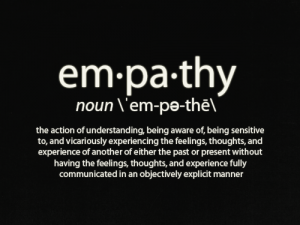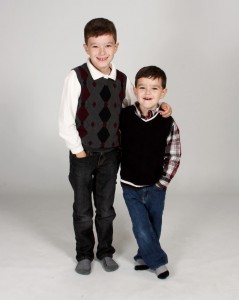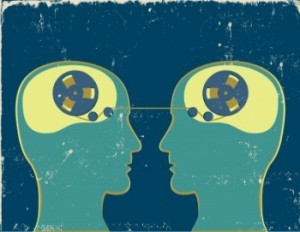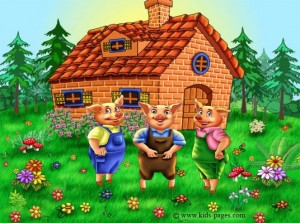I find that movies are great ground breakers for my son Cameron as he tries to learn and understand social situations. We try to point out who is sad, who is happy and why.
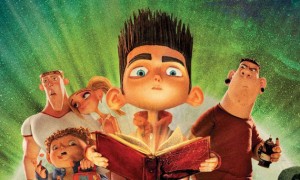 This week, we watched ParaNorman for the first time. It’s a fun animated ghost movie where Norman, a quiet little boy, is able to see and talk to the dead.
This week, we watched ParaNorman for the first time. It’s a fun animated ghost movie where Norman, a quiet little boy, is able to see and talk to the dead.
This causes him all sorts of grief as the adults shake their head when he walks by and other children call him “freak” and laugh at him.
Near the beginning, introducing the main character and his life, he gets caught up in what the dead are doing, completely missing what his teacher is saying and the other children laugh at him. Other accidents happen, they laugh some more and it ends with him sulking away from his locker that says “freak” on it, for the second time that day.
It was at this point that Cameron, completely on his own, said “aww… poor kid.”
Now, I’m not going to get into the whole “do children with autism lack empathy” thing because, they don’t. However, one aspect that is quite common is the difficulty in being able to look at a situation from another person’s perspective. This is something that is difficult for all children. It’s just more so with autism.
When a child sees another child do something funny, they laugh. They don’t recognize if it’s embarrassing, hurtful or mean.
When a child sees another child as strange, odd or bizarre, they treat them as such.
Many times, it’s fully intentional and they truly are a bully. But sometimes it’s simply a lack of understanding that what they say and do is so hurtful.
I find, the best way to teach Cameron that what he says and does, while funny to him, could hurt someone else, is to show him from an entirely fresh perspective, as a 3rd party.
And that usually works to a point. He sees it, recognizes it… doesn’t truly understand it.
So when this part in the movie came on and he not only recognized the bullying but expressed his emotions about it, I was a bit shocked.
Of course this sparked a whole conversation with him about bullying and how bad someone can feel when you call them names or laugh at them but not as a lecture but rather, as something he was starting to understand and even explain back to me.
For any child, this is a great step. For a big brother, this is a momentous occasion, especially for his little brother. And for a child with autism… this is huge.
He gets it. And he expressed it.
I’m very proud of my boy.



